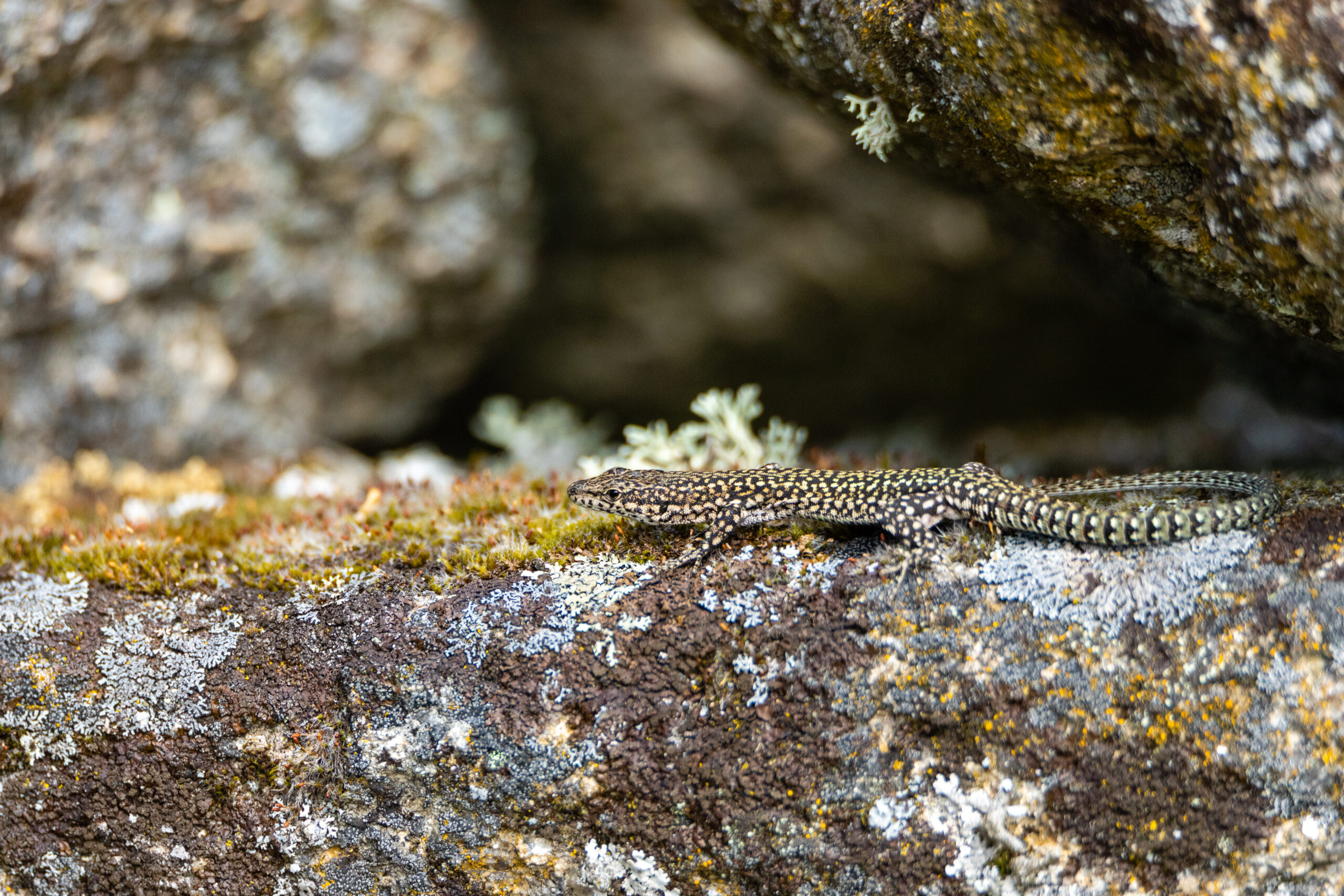June 5, 2021, was marked by the launch of the United Nation’s Decade on Ecosystem Restoration, covering the decade between 2021 and 2030, and rewilding can have an important role in it.
June 5, 2021, was marked by the launch of the United Nation’s Decade on Ecosystem Restoration, covering the decade between 2021 and 2030. Its goal is to prevent, stop and reverse degradation of ecosystems on all continents and oceans, thus combating climate change, preventing mass extinction, and reducing poverty. The restoration of ecosystems on a large scale is considered one of the greatest environmental challenges for humanity and is also one of the three pillars of the new biodiversity strategy of the European Union.

As a holistic approach, which meets the needs of wild nature and people, not putting them at odds, rewilding is the best approach to achieve this goal by creating conditions that allow the return of natural processes to landscapes and the recovery of natural cycles, restoring and functionalizing ecosystems.
Rewilding at scale can simultaneously help mitigate the rise and impact of global warming, safeguard and enhance biodiversity, and create new sources of finance and long-term, sustainable development for businesses and communities. In the next 10 years, we will have a unique and attractive opportunity to improve the state of nature, instead of harming and degrading it, for the first time in human history. The only way to ensure a healthy and sustainable future for Europe and the Planet is to restore large areas, through rewilding, reducing human control and impact and letting nature take care of itself.

Want to know more about rewilding and its principles? Check out our website page dedicated to that here.